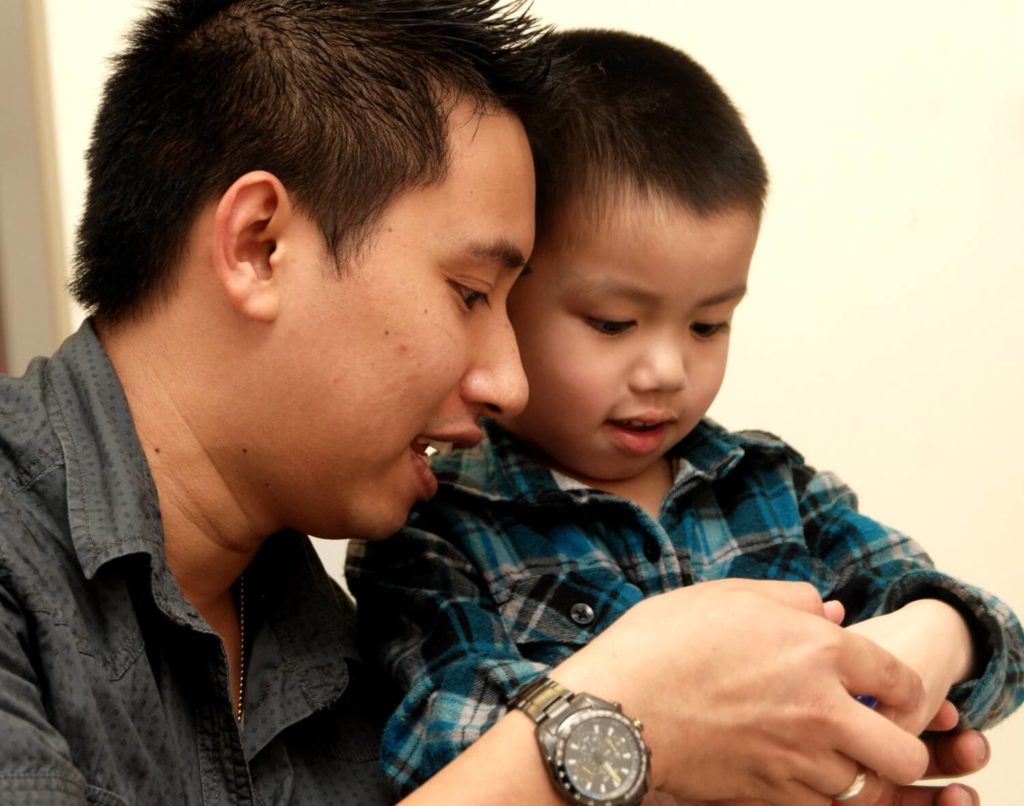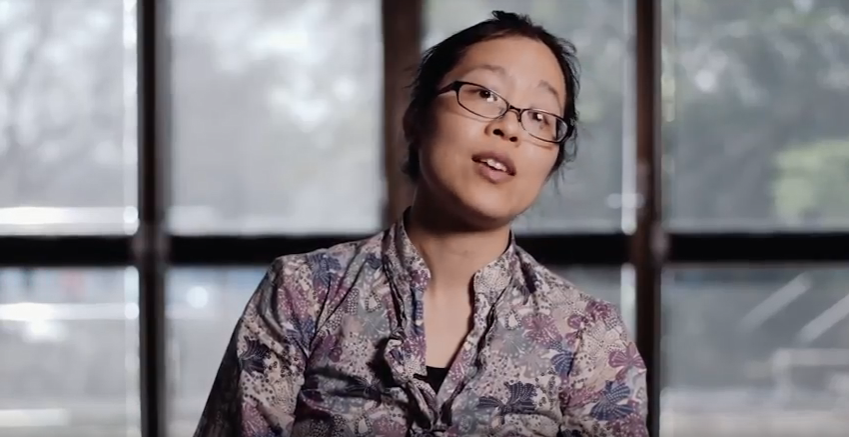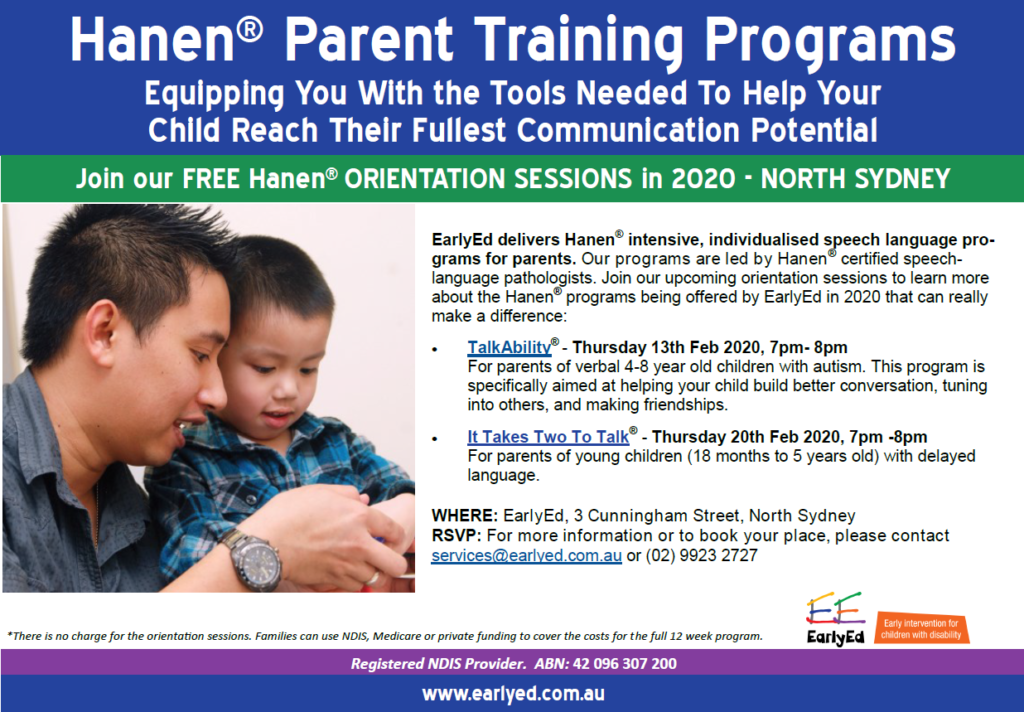Will My Child Make Friends?
While no two children with Autism are ever the same, there are patterns to the questions and comments that as an experienced speech pathologist, I hear that A LOT! When a child starts to become talkative at home parents have new expectations and then ask the question
“Will my child make friends?”
Behind these few words, I hear other messages too, such as, “We are not exactly sure where to start with social skills.” “Is this something childcare/preschool/school will fix?”, “With adults they’re ‘fine’ It’s with peers they find it hard to get connected.” Is making friends something you need to actually help a child learn?” “This is actually now the most important goal for us.”
We know that children with a diagnosis of autism are highly likely to find social skills development challenging. For parents of young children, it helps to understanding what social skills your child has already developed so you can then find out what to do next. You can give them the best start to life-long relationship building by giving them opportunities to be independent with relationships outside the family.


Social Skill development starts early
Children’s peer and social skills development start early and is constantly improving. This means that starting to work on it early is worthwhile. Before we know it a child’s peer interactions are away from the watchful eye and organisation of adults (parents). Ideally we want to create opportunities for children to come together so we can support their social interactions.
The Hanen® TalkAbility® is program that is focussed the early years. It is an intensive Speech Pathology Program for verbal young children (aged 4-8 years) with Autism Spectrum Disorder – helping their conversation skills and peer to peer interaction. Taking part now can mean they learn positive ways that support new learning rather than patterns of behaviour and interactions that need to be unlearnt when they are an older child. TalkAbility® is a parent group training program which means you not only learn about what to do to support your child now, but also learn how to problem solve for a variety of social situations.
Can children learn social skills by being at preschool/childcare?
A comment I hear a LOT from parents is:
“We are going to organise for our child to be in more hours of day care because this will help them learn to socialise.”
In this situation I ask them to be careful that we aren’t make the assumption that children learn just by being together or that staff at a centre know how to support the particular needs of their child with autism. A childcare environment is a socially dynamic place so one child in a group of often twenty children…. will be a very large group for their child to manage.
Of course, early childhood centres have an essential role in our child’s education and preparedness for school years. And, 1:1 therapy can work on any number of developmental skills. However, small groups of 2 to 5 children, with a trained parent/therapist to coach is an ideal and “real life” play environment for parents prioritising peer relationships for their child. (Based on research, including this). I am always heartened when I visit early childhood centres that program small group play for this reason. The TalkAbility® program gives a framework to build on the small group opportunities in the life of your child. You can also request extra support sessions for your child’s childcare/preschool/school.

Why Families Love TalkAbility®
I am always excited to be planning to run another Hanen® TalkAbility® program. This well researched, intensive program gives a solid framework to enhance the skills and knowledge of families so they can facilitate the development of their child’s social skills from their early years. Families regularly tell me how well it:
- meets their priority goals for social skills
- is based on solid research
- helps them to support their child across many social environments and in their everyday life
- empowers them with a model and tools that are best practice
The Hanen TalkAbility® Program has been designed specifically to achieve these social goals, by partnering with parents, and coach them, to coach their child, in small peer play and conversations. With the knowledge of how to identify appropriate next goals for your child, which strategies to help your child, and how to set up peer-to-peer opportunities, TalkAbility® coaches parents to be a long term, ideal friendship and conversational coach for their child.
To find out more and book in, visit here.
Free information evening
I welcome any interested family to come along to our information evening:
This will be an opportunity for you to find out more about the program, ask questions, and meet other families who are working on similar goals with their children.
With NDIS funding parents have more choice about programs. I hope this blog has helped you think about the limitations of adding more hours of 1:1 therapy when you are working on social skills. TalkAbility® offers you an opportunity to reduce the demand on you and your child’s time and learning something that will benefit both child and family long term.
Sarah Bartlett,
Speech Pathologist
Certified Hanen Therapist
Early Childhood Interventionist
